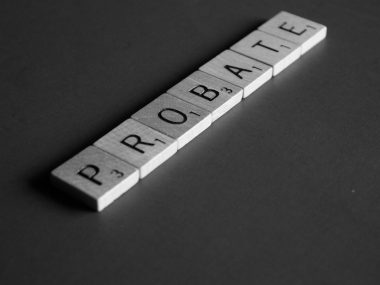
Put simply, the New York probate court is a supervised legal process that an appointed executor may need to undergo if their loved one has, unfortunately, passed on. The goal of these proceedings is to provide an executor the right to carry out their given duties, such as gathering estate assets, paying for estate debts and tax returns, and transferring assets to respective beneficiaries, among other things. Continue reading to learn what else happens in a probate court and how one of the experienced New York City probate attorneys at the Zimmet Law Group, P.C., can guide you through these proceedings.
When is probate court unnecessary in New York state?
Say, for instance, that your loved one left behind an estate that is valued at less than $30,000. This is considered a small estate in New York State, so you would be allowed to undergo simplified probate proceedings. In addition, you may be allowed to undergo simplified probate proceedings if your loved one did not leave behind a Last Will and Testament.
With either scenario, simplified proceedings may have you close the estate within two months. This is because the process does not need to take place in front of or be approved by a New York probate court.
What happens in a probate court in New York state?
On the flip side, you will have to face the probate court if your loved one’s Last Will and Testament appointed you as the executor of their relatively large estate of $30,000 or more. In this case, the following steps will take place in the presence of the New York court:
- You will file the deceased’s Last Will and Testament in the Register of Wills in the county in which the deceased resided at the time of their passing.
- You will have to file a petition for probate at the Register of Wills, along with the death certificate and the list of beneficiaries.
- You will have to serve all beneficiaries with a citation that notifies them of your intended actions with the estate.
- You will have to ask the court for an Order Limiting Credits so that creditors can come forward with claims and you can pay back all outstanding debts.
- You will have to record all the assets included in the Last Will and Testament and distribute them to beneficiaries as ordered.
- You will have to file a Certificate of Compliance so beneficiaries can sign off that you satisfied your fiduciary duty and so you can close out the estate.
All in all, the loss of your loved one is difficult enough. So you should not have to face the probate court alone. Reach out to one of the skilled New York City wills, trusts & estates attorneys to retain legal representation today.


